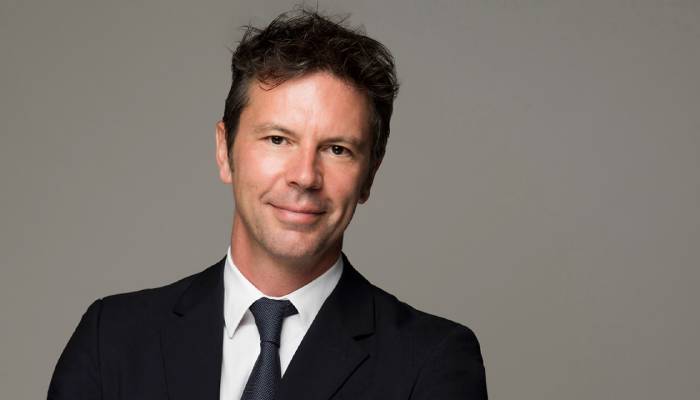Epson’s 3rd Climate Reality Barometer is published as evidence grows of catastrophic climate change. The Epson survey reveals the steps that individuals surveyed are taking now or plan to take in order to address climate issues, and the role that they want companies to play in doing so.
This year’s Epson’s Climate Reality Barometer captures the views of over 30,000 people in 39 markets to better understand global responses to climate change. Results reveal that respondents in the UAE, Saudi Arabia, and Egypt are among the world’s Top 10 most optimistic that climate change can be solved. More people in the GCC and North Africa now cite climate change as a major global issue than any other – and that technology is seen as a key enabler in solving the crisis.
The increased focus on the environment due to events such as COP28 taking place in UAE this year is likely to explain many participants citing “Climate Change” (57% in the UAE, 43% in Saudi Arabia, and 62% in Egypt) among the top three pressing global issues, alongside “Rising Prices” (50% in the UAE, 60% in Saudi Arabia, and 62% in Egypt), and “Poverty” (42% in the UAE, 41% in KSA, and 39% in Egypt).
Optimism about whether a climate disaster can be averted in our lifetime is seen at the highest global levels in the GCC and MENA region, with 79% of people surveyed in KSA reporting as optimistic – the highest rate of climate optimism across all 39 markets surveyed by Epson and far above the global average of 47%. The UAE ranks seventh for the proportion of people surveyed who believe a climate crisis can be averted in their lifetime (66%), while Egypt is the fourth highest market for optimism (69%) among the 39 markets surveyed – behind only Saudi Arabia (79%), India (77%), and Kenya (75%).
“With their youthful, technology-centric populations and government focus on increasing sustainability and adopting alternative energy sources, it’s refreshing to see the UAE, Saudi Arabia and Egypt among the Top 10 most optimistic countries about averting climate disaster. With COP28 in the UAE just days away, the focus must be on corporate and personal accountability to combat climate change,” said Neil Colquhoun, President, Epson EME.
On the corporate front, survey participants in the GCC highlighted ways that companies can contribute to the fight against climate change. Almost half of respondents in the Emirates (43%) said that investing in environmental technologies is the most important way for companies to combat climate change, compared to almost 49% in the Kingdom. 42% of respondents in the UAE are encouraging companies to improve their recycled and reuse of products and materials, while 39% of Saudi Arabia’s participants agree.
Working together on climate change is key, according to Epson’s survey results: almost half (48%) of working people surveyed in the UAE plan to encourage their workplace to further its net zero strategy and almost a third (29% in the UAE and 29% in KSA) say encouraging employee participation in environmental activities is one of the most important things companies can do in the fight against climate change.

